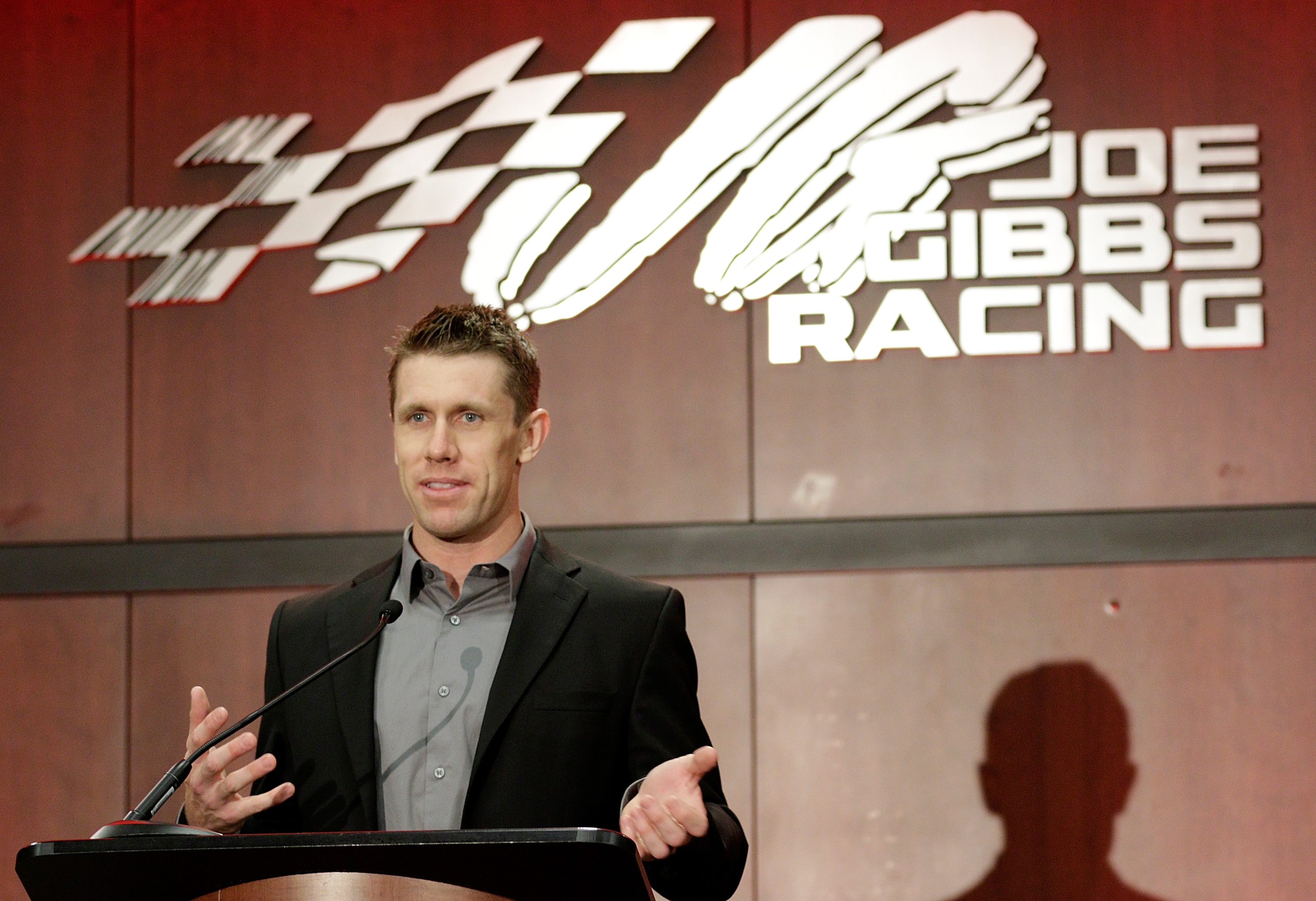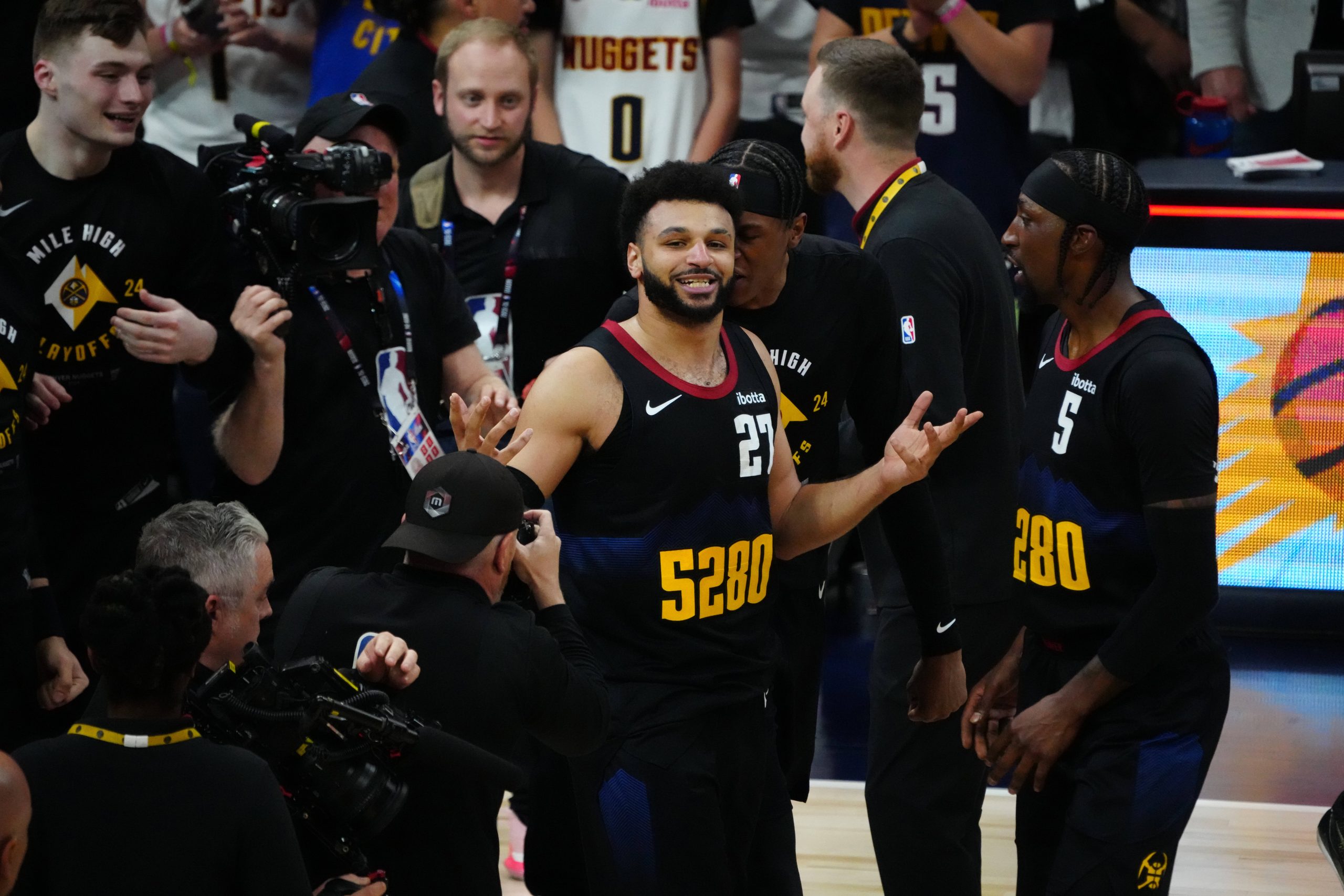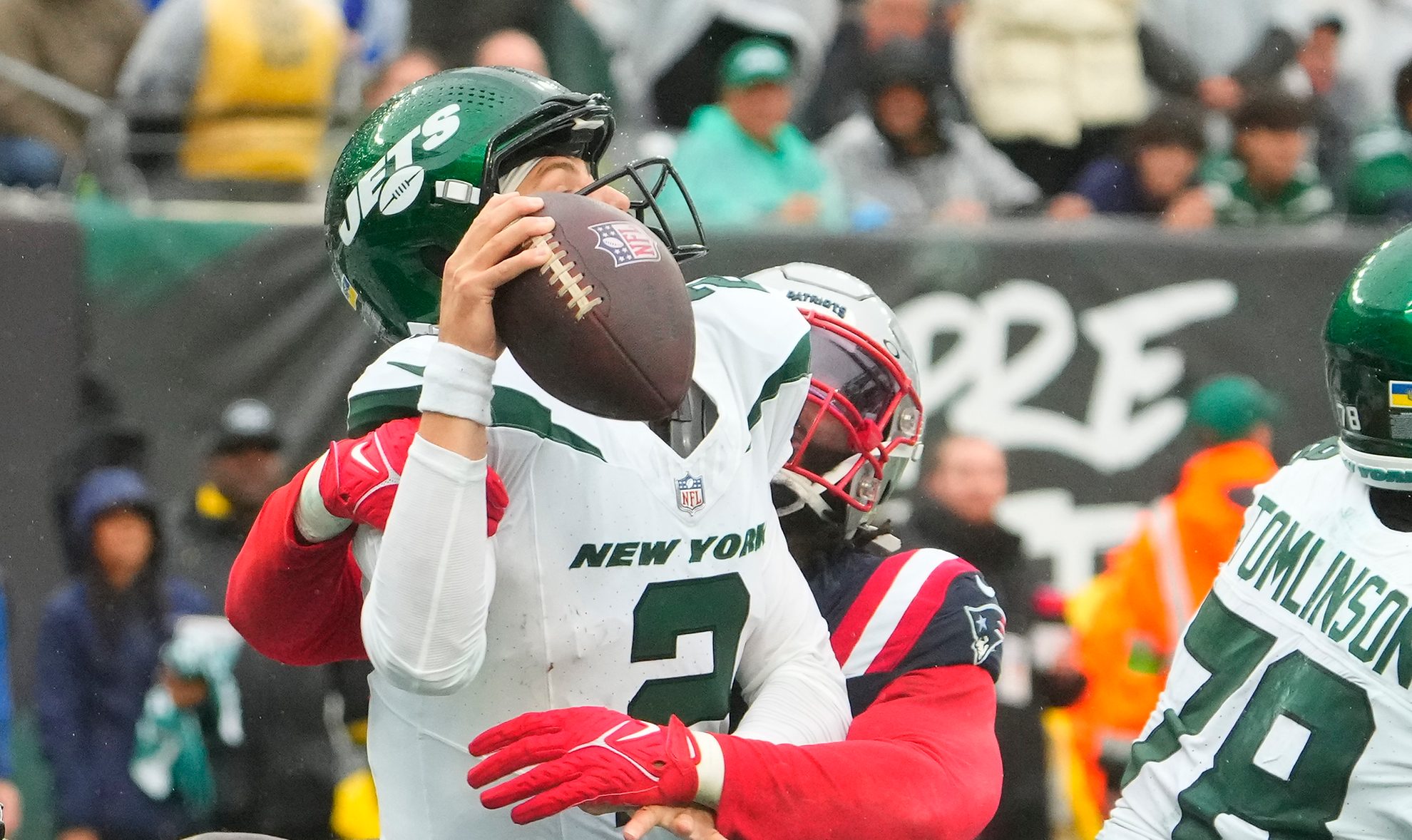In a completely unexpected move, NASCAR driver Carl Edwards announced that he wasn’t going to race in the 2017 Monster Energy NASCAR Cup Series.
The 37-year-old Edwards didn’t completely say the word “retirement,” but the emotional Edwards sure seemed like he was at the very least not going to race full-time anymore. NASCAR Xfinity Champion Daniel Suarez will take over, becoming the first Mexican-born driver to race full-time in NASCAR’s top American racing series.
In his press conference, Edwards listed three reasons he was retiring. One, Edwards was satisfied with his racing career. While he never won a Cup championship (lost on tiebreaker once) or a Daytona 500, Edwards amassed 28 wins in 445 starts in his 13 year Cup career.
Two, Edwards noted the grind of the NASCAR schedule as being so long that it prevented him from pursuing other passions outside of racing that he wanted to do. The NASCAR season begins in February and ends in November. Yes, NASCAR drivers only race once a week but that includes a couple days of practice or qualifying, attending various sponsor and fan events and conducting interviews with the press every week for about 10 months out of the year. Even for a person like Edwards, who likes doing events like that, it can be a grind over 13 years. Not to mention, Edwards raced full-time in the Xfinity Series for seven years from 2005 to 2011. That can get to anyone.
Three, and probably the most important reason for Edwards getting out of the driver’s seat, Edwards wanted to get out while he still has his health and in Edwards’ words, “I don’t like how it feels to take the hits we take. I’m a sharp guy – want to be sharp in 30 years.”
After Dale Earnhardt Jr. missed the second half of last season due to concussions, the NASCAR circuit started paying attention and some have gotten more serious on concussions. Edwards didn’t really expand upon what kind of impact Dale Jr.’s recovery had on his decision but it surely had some effect. In addition to his wife being a neurologist, and being health conscious by running in marathons and triathlons, Edwards has a unique perspective to learn as much as he can about a still relatively mysterious injury and make an important decision like retirement so he can live happily for the rest of his life with his wife and kids.
As we learn more and more about concussions, Edward’s announcement may be more the norm for drivers in the future to hang up the steering wheel earlier than expected. Before the 70’s, a racing driver’s career ended in their prime either because they got seriously hurt or were killed. It was a grim reality in Formula 1 that if you were a F1 driver in the 60’s, you had a 2/3 chance you wouldn’t see the end of your career because you would likely be killed in a crash. Fatality numbers weren’t quite that high in NASCAR at that time, but it wasn’t uncommon for a fatality taking place every once in a while.
As cars became safer and the fear of death was lowered, but not completely gone, it wasn’t uncommon for NASCAR drivers to be racing for 20 or 30 years and retire when they were well into their 50’s. Like the NFL, concussions weren’t taken too seriously and even if a driver had a broken bone or was injured in any other way, they would at least start the race to get the points and step out for a relief driver on the first caution.
Now, with Jeff Gordon retiring at 43 and only coming back to sit in for Dale Jr. and Edwards stepping down at 37, this could be the trend for drivers to get out while they still have their brains and body parts intact. Even 41-year-old Dale Jr., even though he’s coming back to race next season, may have to retire if he were to suffer another concussion.
Drivers back 30 or 40 years ago raced for the love of the sport but because that was also their way of living. There were no multi-million dollar sponsorships and the drivers back then weren’t PR polished that they are today to use their driving career and go into another industry. They raced for as long as they could so they could put food on the table for their family. For someone like Jeff Gordon, he earned over $150 million in prize money alone in his career. A good chunk of that goes to the team and his team owner but he made a helluva lot more money than Richard Petty did back in the 60’s. There just comes a point where it’s not about the money anymore and more about staying healthy.
There isn’t going to be a shortage of capable NASCAR drivers anytime soon, there’s a bunch of talent in the lower series as well as on some of the lower funded Monster cars. But for a sport who has experienced lower and lower ratings and catering to a demographic that is getting smaller and smaller in this country every year, it has to be concerning that so many top stars are retiring or on verge of retiring while they still have some years left in them.
Although, in fairness, at least we can all appreciate guys like Jeff Gordon and Carl Edwards retiring, or at least cutting back from full-time racing, at the height of their careers and on their own terms. Because 40 years ago, they wouldn’t have been able to retire on their own terms.






